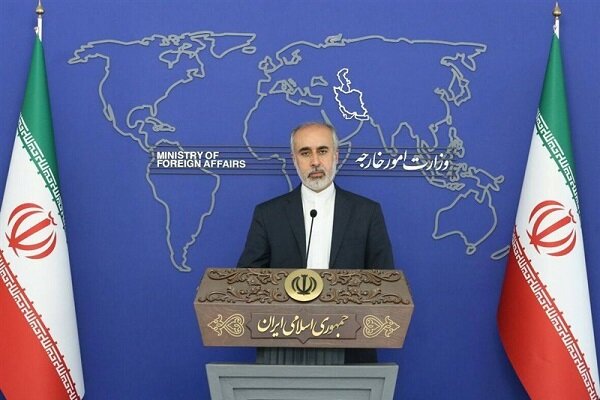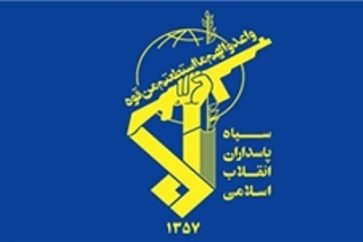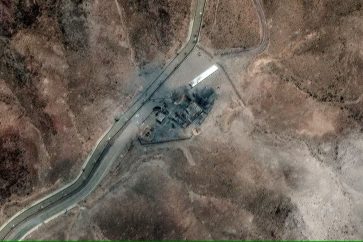Iran expects to receive on Monday all of its assets frozen in South Korea due to US sanctions, according to Foreign Ministry spokesman Nasser Kanaani.
“As a result of the cruel actions of the United States and the pressure it had exerted on some of Iran’s partners, some of our assets were blocked in South Korea, and today these assets will be available to Iran in their entirety,” Kanaani said at a press conference on Monday.
He said the Raisi administration has made headway in restoring the rights of the Iranian nation in various fields, including the release of Iran’s frozen funds in various countries.
“Having Iran’s assets released from the UK after several years was a great success,” he remarked.
Kanaani also said the process of implementing an agreement between Iran and the US on the two issues of frozen assets and prisoner swap has progressed step by step and at a favorable speed.
“We hope to receive our assets from South Korea today,” he said, adding that the exchange of prisoners, five individuals from each country, will be carried out on the same day.
Iran committed to JCPOA talks
Iran remains committed to diplomatic paths in order to secure the nation’s rights, Kanaani said, emphasizing that there are no limits to dialogue for the responsible return of all parties to the Joint Comprehensive Plan of Action (JCPOA).
Kanaani stated that if there is even a minimal chance in the diplomatic path for all parties to return to the JCPOA, Iran will seize it.
In addition, he affirmed that Iran will continue its efforts to neutralize sanctions seriously.
Growth in Iran’s foreign trade exchanges over the last two years
Commenting on the Iranian government’s interactions with Asian countries, he said that according to the official statistics available about Iran’s trade exchanges with its partners, we have witnessed the growth of foreign trade over the last two years.
The transfer of assets, the increase in Iran’s oil sales, the expansion of foreign relations, and Iran’s presence in international bodies indicate the effectiveness of the government’s foreign policy, he added.
Defying US anti-Iran sanctions
Kanaani went on to say that it seems normal for states to face restrictions in certain areas due to the ongoing sanctions imposed by the United States; however, many nations showed they do not want to succumb to Washington’s pressures.
Kanaani further noted that the establishment and development of relationships with the Islamic Republic by other governments, coupled with their readiness for dialogue, is a clear indication of the dynamic foreign policy pursued by the Raisi administration, which gives reason for optimism.
Iran-Iraq security pact
The spokesman also stated that September 19 is the deadline for the Iraqi government to implement the security agreement concerning the presence of terrorist groups on Iraqi soil; thus, these groups are required to be disarmed and their bases evacuated.
These demands are raised based on the bilateral security agreement, Kanaani said, adding that there is evidence to suggest that the Iraqi side has already implemented many aspects of the agreement; therefore, some bases belonging to terrorist groups have been evacuated and the groups have been relocated.
Iran is seeking to foster strong relations with both the government and the people of Iraq, the spokesperson noted and added that the security of Iraq is of importance to the Islamic Republic.
The spokesperson also highlighted that the presence of terrorists in northern Iraq is contrary to the interests of both neighboring states, he said and emphasized that the presence of terrorist groups in the joint border areas is unacceptable to the Islamic Republic, so tomorrow will be the deadline for implementing the security agreement.
Source: Agencies




